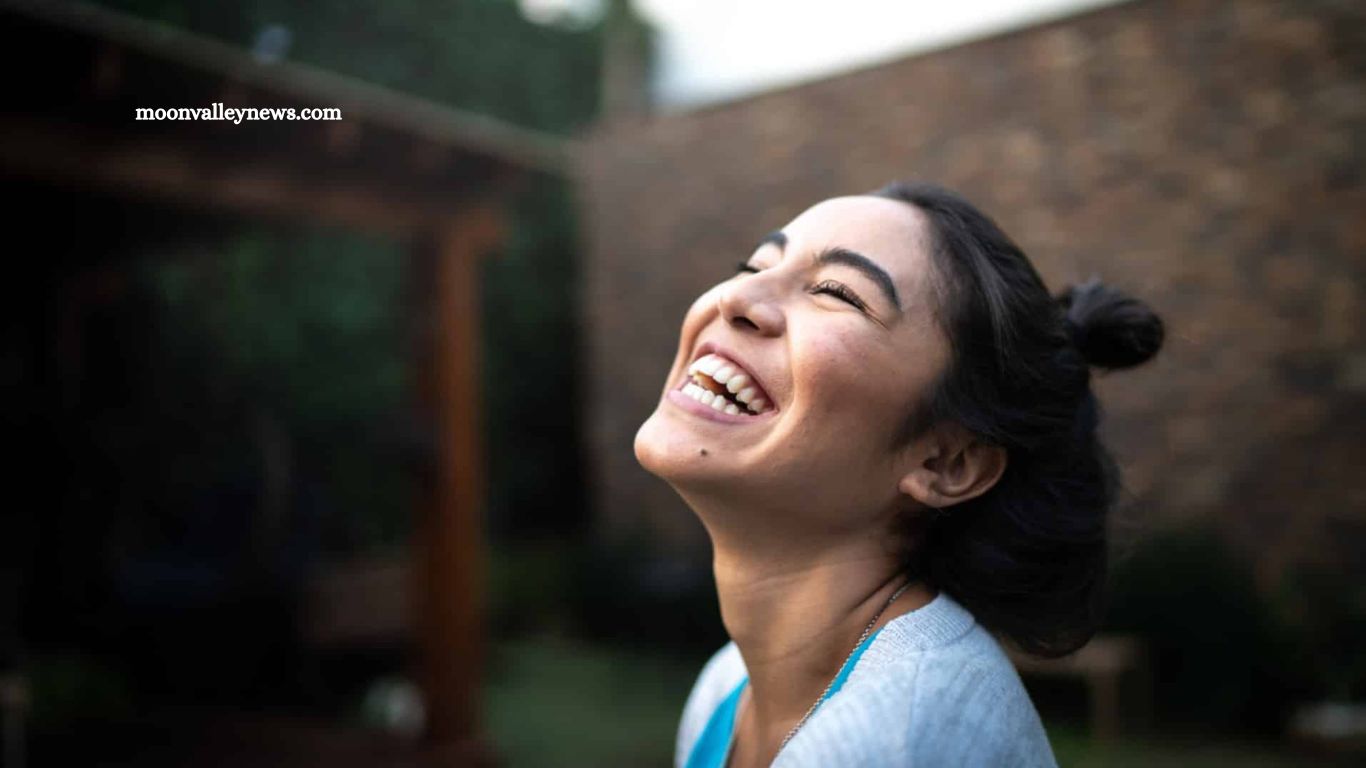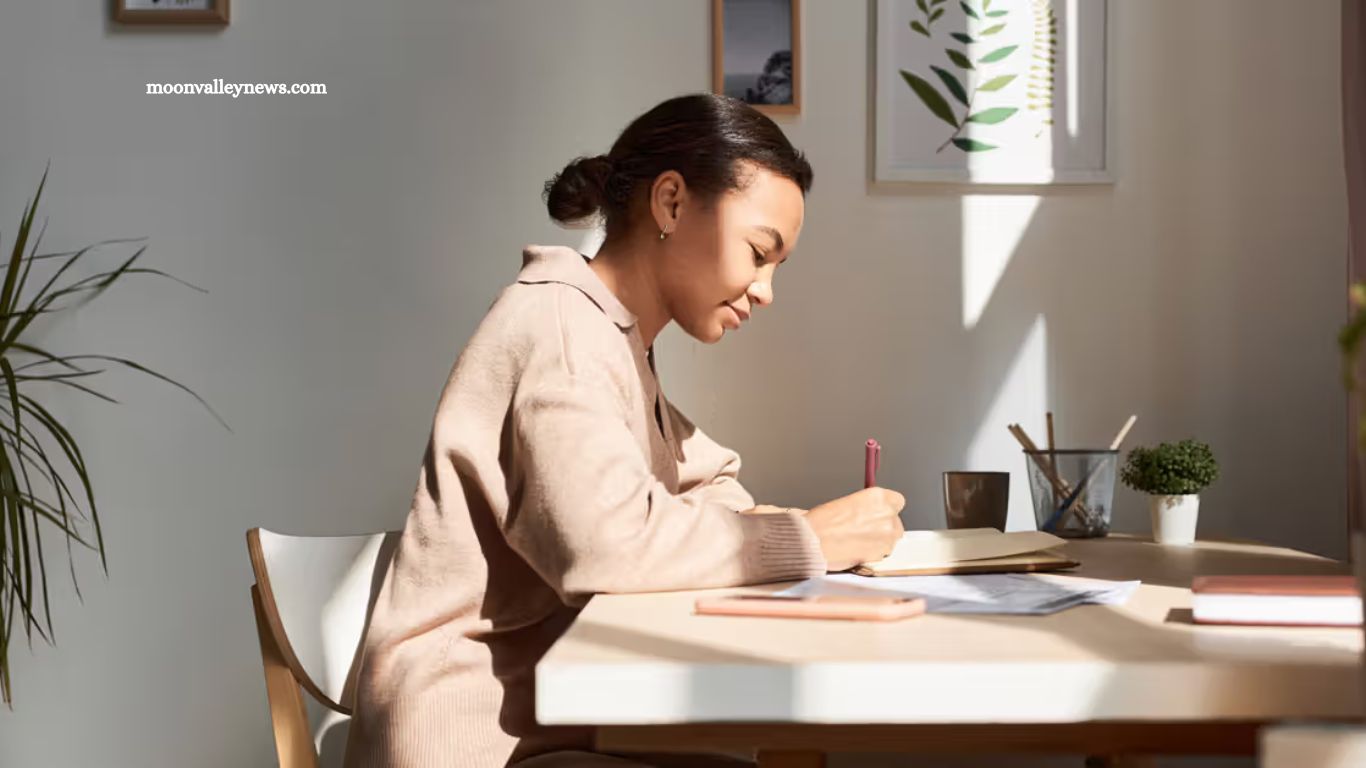When you’re in a committed relationship, especially one that spans years, it’s not uncommon to feel like pieces of your identity have faded or shifted. Your sense of self—the unique combination of values, interests, and traits that make you you—can sometimes take a backseat as you prioritize your partner and the shared life you’re building. While this blending is a natural part of intimacy, maintaining a strong personal identity is essential for emotional well-being and relationship health.
Fortunately, there are intentional steps you can take to reconnect with yourself without compromising the bond you’ve built. In this article, we’ll explore four practical strategies to help you preserve—or rediscover—your sense of self while remaining fully engaged in your relationship.
Read More: 5 Tasty Recipes to Manage Hypertension
Maintain Separate Hobbies
Nurturing your own interests is essential for preserving your identity within a relationship. Engaging in hobbies you enjoy—whether they’re long-time passions or new pursuits—helps reinforce your individuality, even if your partner doesn’t share those interests. These activities provide more than just enjoyment; they’re also good for your overall well-being.
A 2025 study of over 90,000 older adults found that those who regularly participated in hobbies experienced fewer depressive symptoms, reported better overall health, and enjoyed higher levels of happiness and life satisfaction. These benefits extend beyond the personal—they can positively influence your relationship as well. When you feel fulfilled and content on your own, you’re better equipped to show up fully and authentically for your partner.
Hobbies You Can Start (or Pick Up Again!)
If you’re looking to reconnect with yourself or simply explore something new, diving into a hobby can be a powerful way to recharge and express your individuality. Whether you prefer quiet, introspective activities or something more physically engaging, there’s a wide range of options to suit different interests and lifestyles. Here are a few ideas to get you started:
- Journaling or scrapbooking
- Crocheting or knitting
- Reading fiction or nonfiction
- Practicing yoga or meditation
- Walking, hiking, or running
- Creative writing or poetry
- Painting, sketching, or other visual arts
- Cooking or baking
- Volunteering in your community
The key is to choose something that feels meaningful and enjoyable to you
See Your Friends
While it’s natural to want to spend a lot of time with your partner—especially if you live together—nurturing your friendships is just as vital. Maintaining close relationships outside your romantic partnership helps support a well-rounded and resilient sense of self.
Research backs this up. A 2018 study found that strong friendships not only help you cope with stress more effectively but may also reduce the likelihood of encountering stress in the first place. Similarly, a 2023 study highlighted that friendships can enhance overall well-being and provide a unique sense of emotional security.
Friends can fulfill needs that a partner may not, whether through shared hobbies, different perspectives, or simply being a source of fun and laughter. Prioritizing time with friends helps you stay connected to your broader support system—and to yourself.
Carve Out Your Own Spaces
Creating physical space for yourself—no matter how small—can make a significant difference in maintaining your individuality within a relationship. If possible, designate an area in your home that’s just for you. This could be a dedicated office or hobby room, or something as simple as a favorite chair in the corner where you can read, relax, or reflect. The key is to treat this space as your own, with boundaries that you and your partner agree on—whether that means they can stop by with a knock or only if there’s an emergency.
If private space at home isn’t feasible, seek out personal space elsewhere. Solo trips to a café, library, park, or even running errands alone can provide valuable time to reconnect with yourself.
Communicate
At the heart of all these strategies is one essential skill: communication. To preserve your sense of self in a relationship, it’s crucial to speak openly and honestly with your partner about your needs, feelings, and boundaries. Let them know why carving out space, maintaining friendships, or spending time on personal hobbies matters to you.
Setting boundaries can feel uncomfortable, especially if it’s new territory, but clear, respectful communication builds understanding and support. In fact, your partner might offer insight into aspects of your identity you hadn’t fully appreciated. A healthy relationship allows room for both individuals to grow—not just together, but also independently.
Takeaway
While it’s easy to slip into the comfort of spending most of your time with your partner, maintaining a connection to yourself and others is essential for your overall well-being. Preserving your sense of self not only supports your mental and emotional health but also strengthens your relationship in the long run.
Simple but intentional actions—like pursuing your own hobbies, carving out personal space, and nurturing your friendships—can help you stay grounded in who you are. A healthy relationship doesn’t require losing yourself; it thrives when both partners continue to grow as individuals.
Frequently Asked Questions
Is it selfish to want time alone when I’m in a relationship?
Not at all. Taking time for yourself is healthy and necessary. It allows you to recharge, reflect, and maintain your own identity—benefiting both you and your relationship in the long run.
What if my partner doesn’t understand why I want to spend time apart?
Open, honest communication is key. Explain that maintaining your individuality helps you show up as a more balanced and fulfilled partner. Reassure them that it’s not about distancing yourself but about personal growth.
Can spending time apart actually improve our relationship?
Yes. Having time to pursue your own interests and friendships can prevent codependency, reduce tension, and make the time you spend together more meaningful.
How do I balance ‘me time’ with quality time as a couple?
It’s all about setting healthy boundaries and priorities. Schedule regular time for both individual activities and shared experiences. Check in with each other to ensure both needs are being met.
What if I’ve already lost my sense of self—how do I start rebuilding it?
Start small. Revisit activities or hobbies you once loved, reconnect with friends, or try something new that excites you. Reflect on what makes you feel most like yourself, and give yourself permission to explore that.
Conclusion
Preserving your sense of self in a relationship isn’t about creating distance—it’s about maintaining the foundation of who you are, so you can thrive both individually and as a partner. Healthy relationships are built on mutual respect, personal growth, and emotional balance. By making space for your own interests, friendships, and self-care, you’re not pulling away—you’re showing up more fully and authentically.
Remember: you are not just someone’s partner—you’re a whole person with unique passions, perspectives, and needs. Nurture that identity. When both individuals feel fulfilled and supported as themselves, the relationship becomes stronger, more resilient, and more meaningful.







